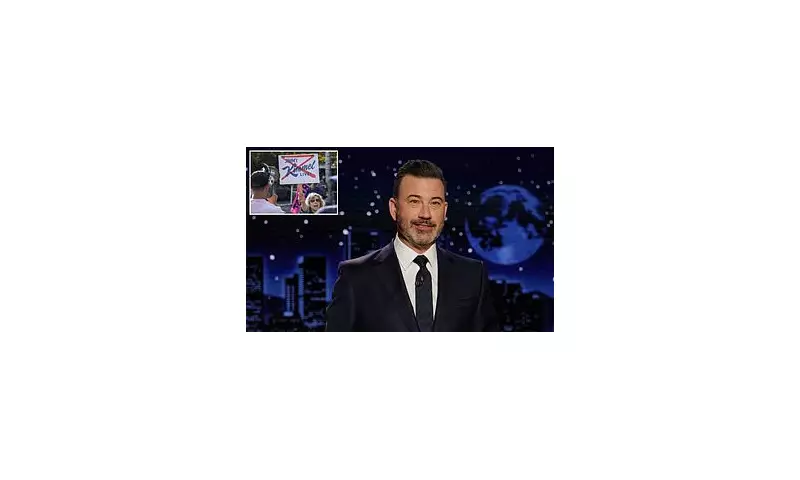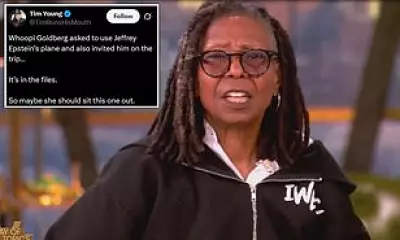
The ongoing feud between late-night television host Jimmy Kimmel and the Sinclair Broadcast Group has escalated into a full-scale broadcasting rebellion. In a significant move, local television stations in two major American cities have publicly cut ties with the media conglomerate.
The Spark: Kimmel's Viral Monologue
The controversy ignited after Jimmy Kimmel used his platform on ABC's 'Jimmy Kimmel Live!' to relentlessly criticise Sinclair. He specifically targeted the company's practice of forcing its local stations to air politically charged 'must-run' segments, often featuring a conservative commentary known as 'The Bottom Line' with Boris Epshteyn.
Kimmel's segments, which juxtaposed footage of local news anchors from across the country reciting the same scripts word-for-word, went viral, highlighting what critics call a disturbing homogenisation of local news and the promotion of a partisan agenda.
The Fallout: Stations Take a Stand
The direct consequence of this heightened scrutiny is now being felt. Fisher Communications, the owner of stations including KOMO in Seattle and KATU in Portland, has announced it will not renew its affiliation agreement with Sinclair.
This decision effectively bans Sinclair programming from these stations, a bold step that signals a growing discontent with the broadcast giant's operational model. The move severs a long-standing relationship and leaves Sinclair without a flagship presence in these key Pacific Northwest markets.
Sinclair's 'Must-Run' Problem
At the heart of the dispute is Sinclair's controversial policy of 'must-run' segments. These are pre-packaged commentaries and promotional pieces that corporate headquarters mandates all its local stations broadcast, often inserted into local news programmes.
Critics argue that these segments undermine the independence of local journalism and push a uniform political viewpoint. The practice has drawn widespread condemnation from media watchdogs and journalists alike, who fear it erodes public trust in local news sources.
What Happens Next?
The departure of KOMO and KATU from the Sinclair network is a notable blow to the company's national reach. It raises questions about whether other affiliate stations, feeling the pressure from public opinion and talent like Kimmel, might consider similar actions.
This event marks a pivotal moment in the ongoing debate about media consolidation and the soul of local television news in the United States. The power of a late-night comedian to influence real-world corporate decisions demonstrates the significant role entertainment media plays in modern public discourse.





